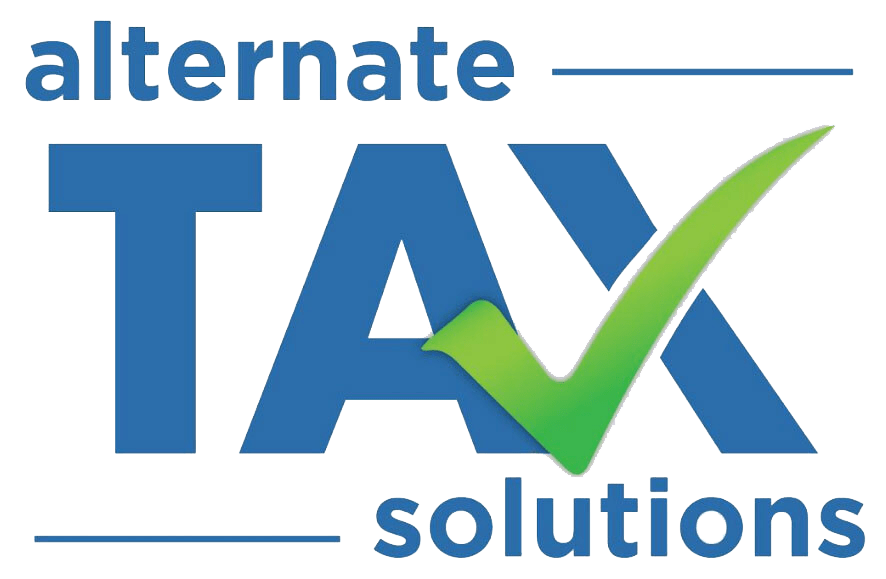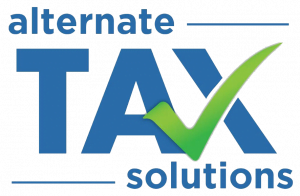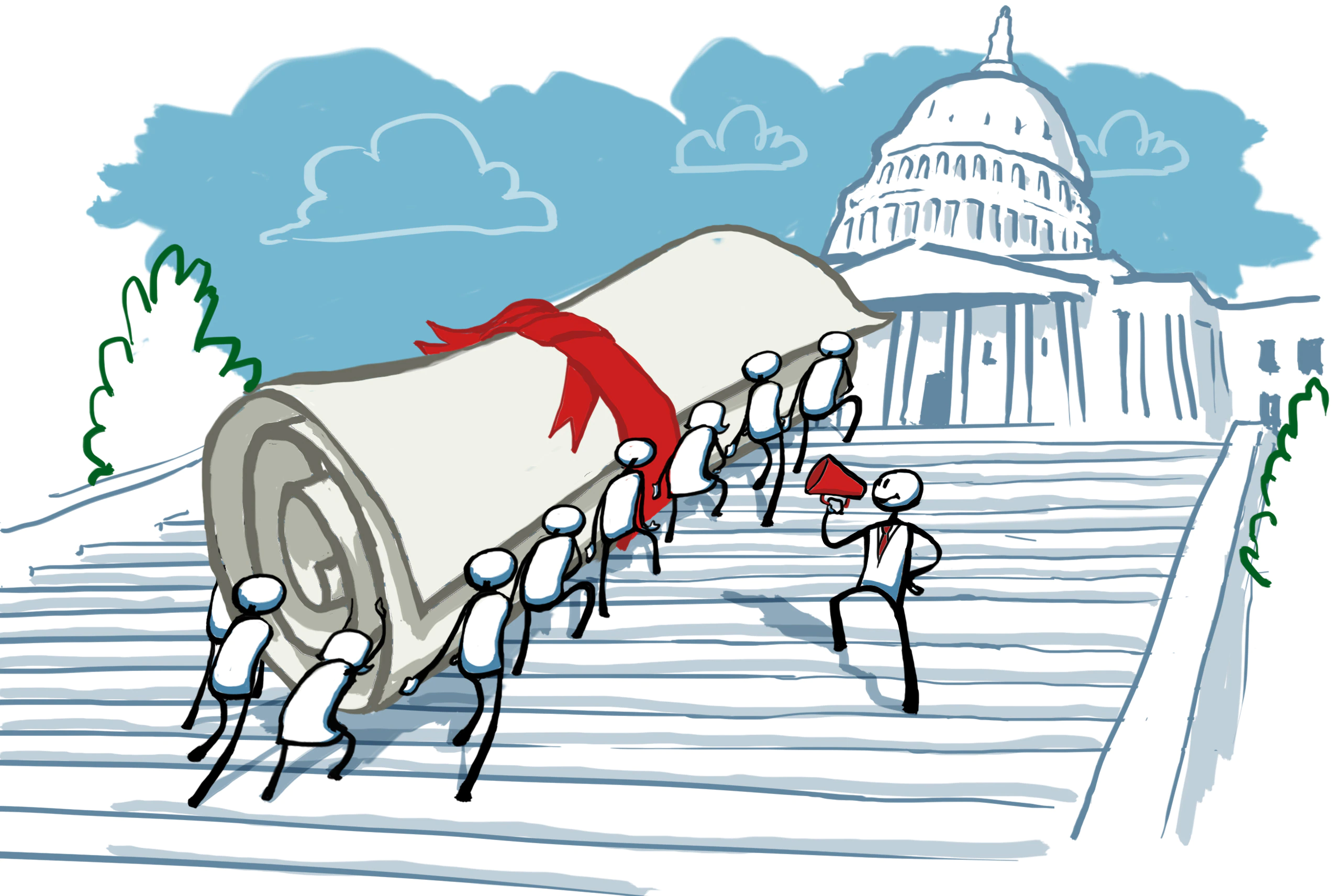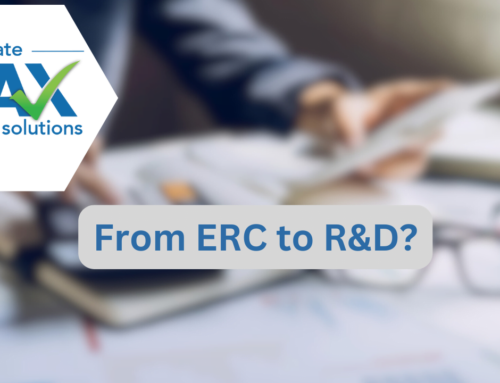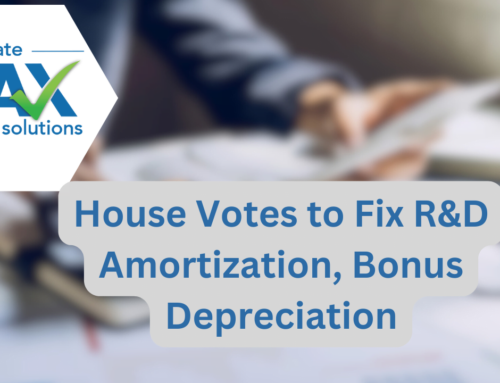March 20, 2023
Senate Introduces Bi-Partisan Legislation to Strengthen R&D Incentives
On March 17, Senator’s Maggie Hassan (D-NH) and Todd Young (R-IN) re-submitted legislation that would restore the ability for companies to immediately deduct R&D expenses and expand R&D Tax Credit incentives for startups. The American Innovation and Jobs Act was conceived by Hassan and Young in 2021, however, it was abandoned as Congress looked toward other vehicles to fix the mandatory R&D amortization problem. The Bill is now back in force and includes a number of Republican and Democrat co-sponsors.
Background
Congress has acknowledged that incentivizing and rewarding R&D is important for both economic growth and national defense. However, the Tax Cuts and Jobs Act of 2017 (TCJA) contained punitive measures that would harm companies investing in R&D beginning in tax year 2022. The TCJA changed Code Section 174 to eliminate the ability to deduct R&D expenses in the year incurred and instead required companies to amortize R&D costs over 5 years (15 years for foreign R&D costs). This was largely seen as a retrograde tax policy that would create substantial cash-flow problems for R&D-intensive industries.
Congress failed to achieve a fix to repeal the new amortization requirements in 2022, leaving businesses with tremendous cash-flow and planning uncertainty as they face substantially higher tax bills (some ATS clients are facing over 100% tax increase). The new Senate bill offers a way to repeal this misguided policy and even expand R&D incentives for start-ups.
What’s in the Bill?
Restoring Section 174 Deductions
The first priority of the American Innovation and Jobs Act is “restoring immediate expensing for research and development investments.” This restores tax policy that had been in place since 1954 and eliminates the tax increase that many companies are facing in 2022 for spending money on R&D.
Expanding Section 41 R&D Credits
The new law would expand the payroll tax credit available to qualified startup companies while expanding the definition of a qualified startup. Here are the key elements:
- Expand eligible payroll tax credit limitation from $250,000 to $500,000 in 2022 (increasing each subsequent year)
- Expand the definition of a qualified startup company from a company with no revenue in the prior 5 years to a company with no revenue in excess of $25,000 for the prior 8 years
- Expand the revenue limitation for startup eligibility from $5 million to $15 million
The bill would also increase the year-over-year research expense multiplier from 14% to 20% for startup companies, thus increasing the return on research dollars invested.
ATS Takeaways
The bill obviously takes much needed steps toward achieving a 2022 motion adopted by the Senate in a 90-5 vote to increase R&D incentives. This bill has been presented before in 2020, and 2021 but was never introduced to the floor for a vote. This is most likely due to plans to use the Build Back Better Act (BBA) and then the 2022 year-end Omnibus bill to achieve the Bill’s desired ends. However, since both of these measures failed there is now more of a sense of urgency for Congress to fix the R&D amortization problem before businesses start draining their bank accounts to pay taxes on phantom income. It should be taken as good news that this bill has been resurrected, that it has substantially more co-sponsors, and that it has wide bi-partisan endorsement.
A Bill Becomes a Law: Thoughts on the Future of American Innovation & Jobs Act
ATS will be looking to see when this bill is introduced to the floor for a vote. ATS expects wide support from the Republican caucus while the endorsement of Senators such as Patty Murray (D-WA) and Diane Feinstein (D-CA) indicates that most main-stream and slightly Left-of-center Democrats will likely support it. Opposition to this bill would most likely come from far Left-of-Center members of the Democratic caucus that oppose any type of tax relief for “big corporations” (note that loss of R&D deductions effects small businesses just as much as it does “big corporations”). This opposition should not be enough to defeat the Bill. The Bill should then have no problem passing the Republican-held House of Representatives.
For more detail and updates on new R&D Tax laws please contact ATS today.
